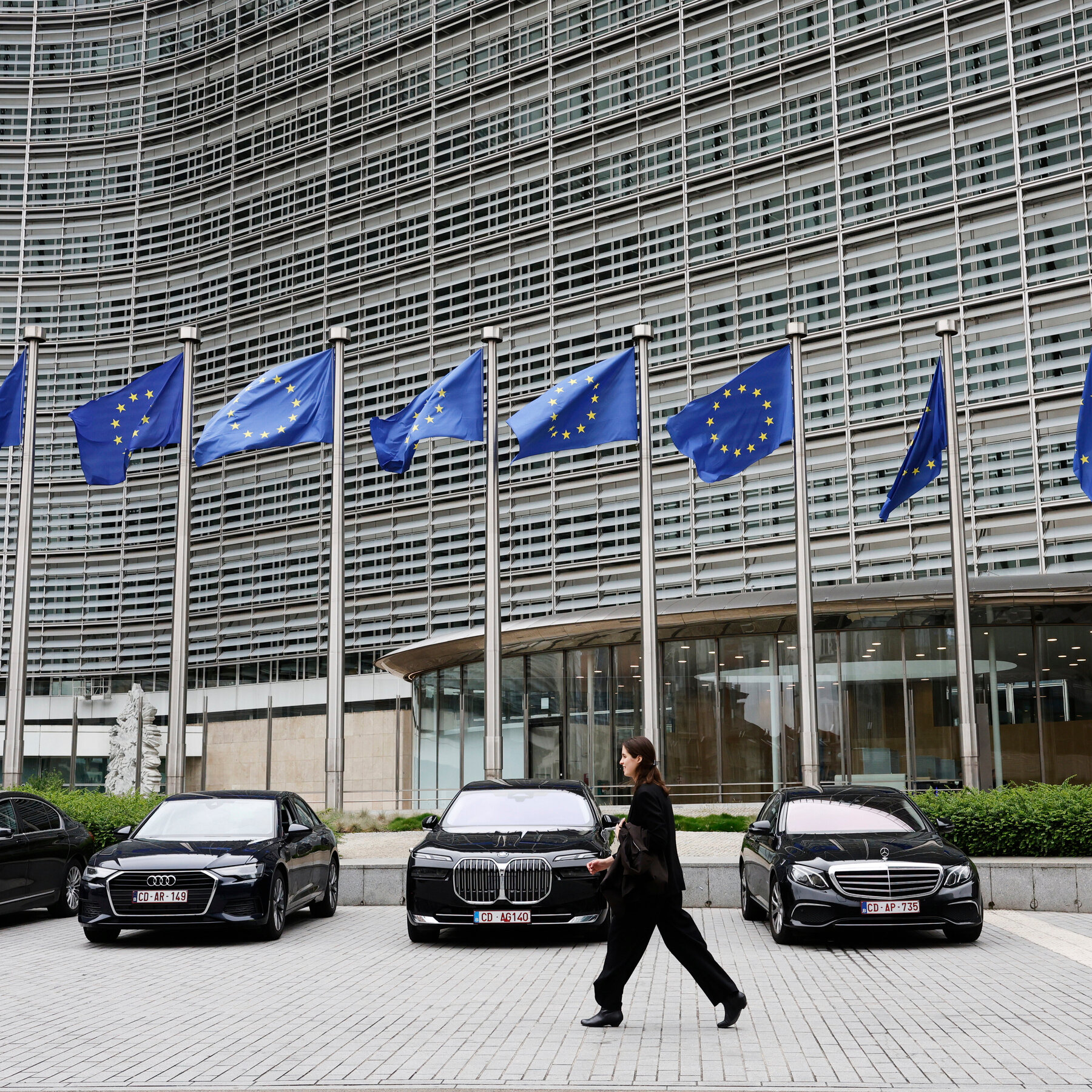Recent actions by a US administration focused on an "America First" agenda have prompted a significant shift in the European Union's approach to foreign policy and trade, leading to a strengthened sense of unity and a push for greater autonomy within the bloc.
The imposition of tariffs and the use of economic coercion by the US have been a major catalyst. While a recent trade deal with the US avoided a full-blown trade war, it still involved the EU accepting a 15% tariff on most of its exports, with some member states and officials voicing strong disapproval. This move, along with threats of even higher tariffs, has underscored Europe's economic vulnerability and its dependence on the US market.
In response, there has been a growing consensus in Europe that the bloc must become more self-reliant. This has led to renewed discussions and proposals for "strategic autonomy," a concept that has gained traction with the US prioritizing its own interests. The push for autonomy is visible in several key areas:
-
Defense: With the US signaling a reduced commitment to NATO and European security, European leaders are actively working to bolster their own defense capabilities. This includes increased military spending and collaboration on new defense projects, with the goal of being able to manage crises without relying on the US.
-
Trade: The EU has been exploring new trade partnerships with other global players, such as countries in Africa and the Indo-Pacific region, to diversify its economic relationships and reduce its reliance on the US market.
-
Economic Policy: Some European leaders and organizations have been pushing back against US economic policies, such as the deregulation of financial markets, to maintain the EU's own standards and protect its economic stability.
The foreign policy of the US has been a wake-up call for the EU, forcing its member states to confront their shared vulnerabilities and work together to forge a more unified and independent path. While not without internal disagreements, the challenges presented by the current US administration have arguably created a stronger impetus for European unity than has been seen in recent years.



 Uncategorized
Uncategorized 21 Jul, 2025
21 Jul, 2025 Ella King
Ella King